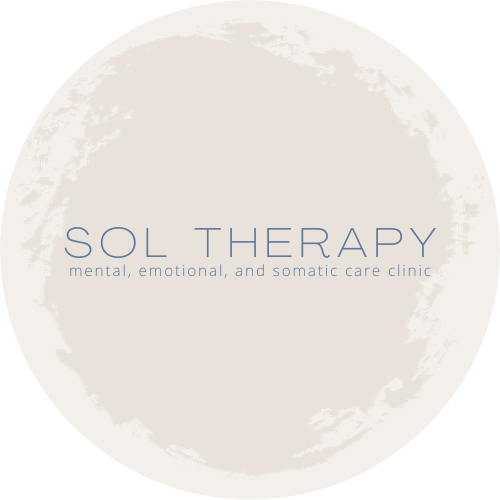Why Seek Professional Support for Your Mental Health?

Why seek professional support for your mental health?
Emotional Support and Validation
Therapy provides a safe and non-judgmental space where individuals can express their thoughts, feelings, and experiences without fear of being criticized or invalidated.
What are mental health therapists?
Therapists are trained professionals who offer empathetic listening and support, helping individuals gain a sense of validation and understanding. This process offers individuals a better understanding of their emotions and find healthier ways to cope with challenges on a long term spectrum, rather than a temporary balm that only lasts a short while.
Insight and Self-Reflection
Therapy facilitates safe self-reflection and introspection, allowing individuals to gain a deeper understanding of themselves, their patterns of thinking, and behavioral changes; with crucial relational support.
Therapists help individuals explore their thoughts, beliefs, and motivations, enabling them to gain valuable insights into their own lives. This increased self-awareness can lead to personal growth, improved decision-making, and a greater ability to manage stress and relationships.
Developing Coping Strategies and Skills
Therapy equips individuals with effective coping strategies and skills to navigate life’s challenges and crisis.
Therapists provide tools and techniques tailored to the individual’s needs, helping them manage stress, regulate emotions, and cope with difficult situations. Learning these skills can enhance resilience, improve problem-solving abilities, and promote overall well-being through consistency, commitment, and a willingness to follow through.
Managing Mental Health Conditions
Therapists work collaboratively with individuals to develop personalized treatment plans, providing guidance and support throughout the recovery process.
Therapy is an essential component of the treatment plan for various mental health conditions. For individuals with conditions such as anxiety disorders, depression, post-traumatic stress disorder (PTSD), or bipolar disorder; therapy can provide relief from symptoms, improve symptom management, and enhance overall quality of life.
Strengthening Relationships
Relationships often reveal maps and blue prints of our trauma. Since therapy is relational in nature, it can aid in healing deep relational wounds.
Therapy can improve interpersonal relationships by enhancing communication skills that unlock freeze, flight, fawn, or flight responses. It may encourage conflict resolution abilities, and empathy. Individuals can gain insights into their relational patterns and learn healthier ways to connect and engage with others. This can positively impact personal relationships, including those with family members, friends, and romantic partners.
Enhancing Overall Well-being
Therapy is essentially for overall well-being, it offers support in all areas of life. It helps individuals develop a stronger sense of self, improve self-esteem, and cultivate a life that navigates towards healing and health, especially emotional health.
Mental Health Support in Singapore
Therapy encourages self-care practices, stress management techniques, and healthy lifestyle changes that contribute to a more balanced and fulfilling life to be expressed in the everyday. Therapy offers the potential for actual internal transformative change. It is a proactive step towards personal growth, self-care, and emotional well-being. Take the step and seek professional help when needed.
We are here for you – find the right therapist that you resonate with at Sol Therapy.
Author: Chloe Chotrani
Image: Standret
